Pa. weighs plan for asset forfeiture in human-trafficking cases
-

-

-

-

-
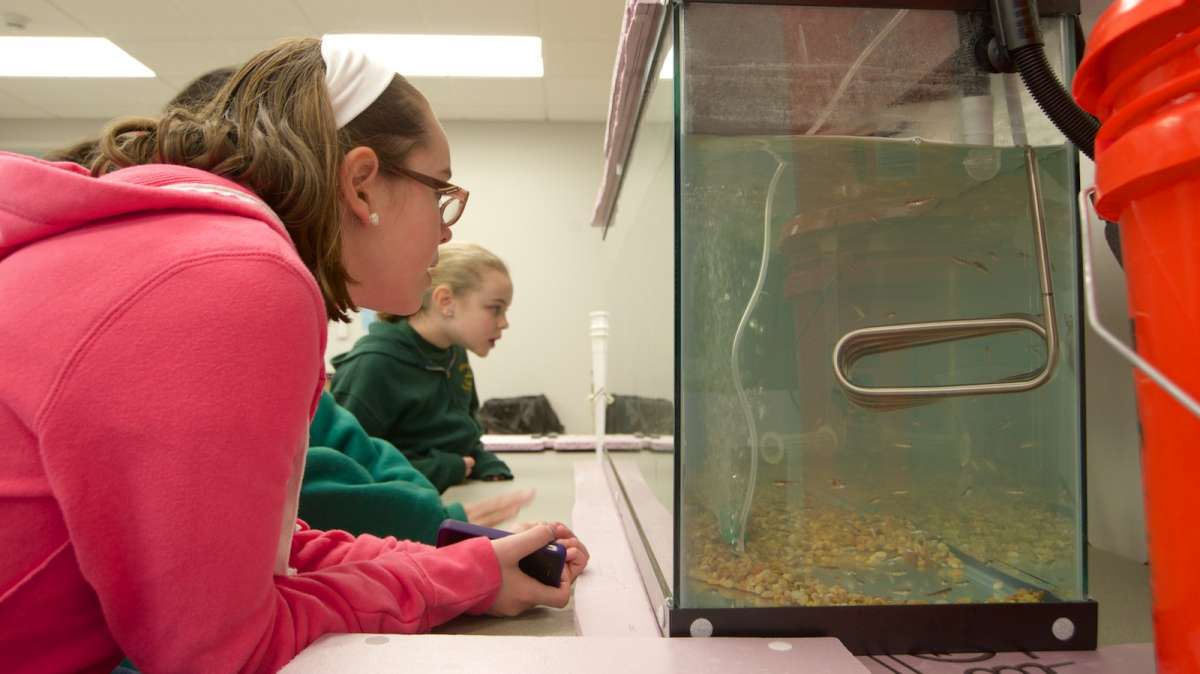
-

-

-

-

-

-
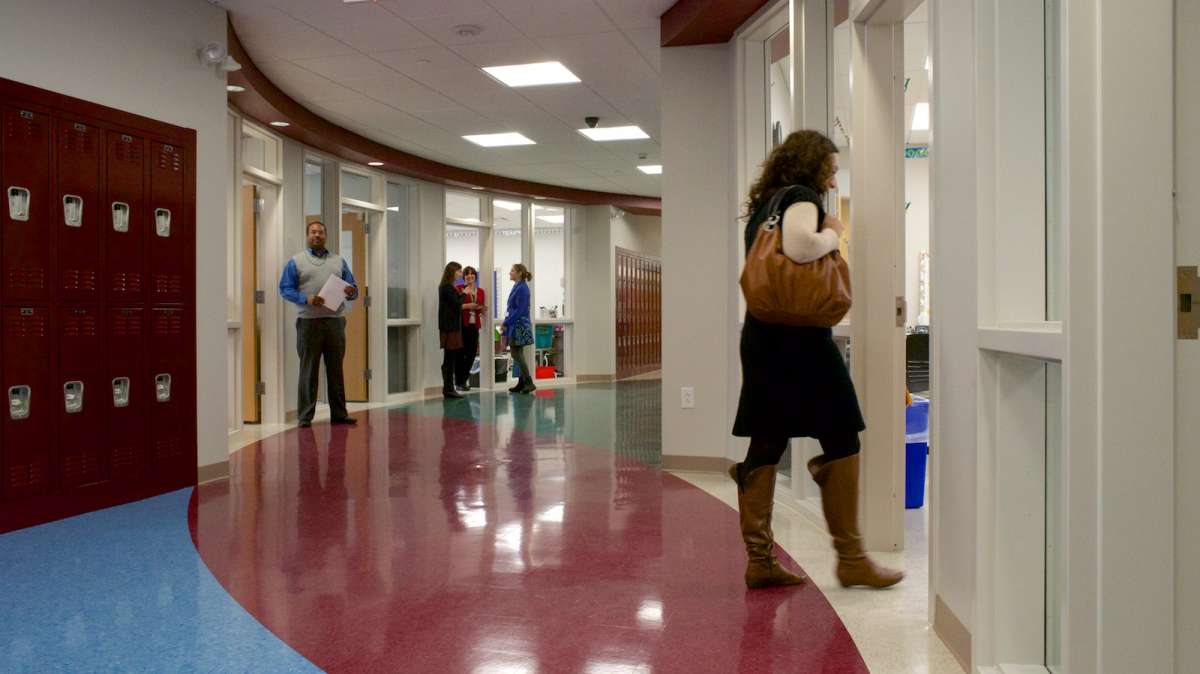
-

-

-

-

-

-
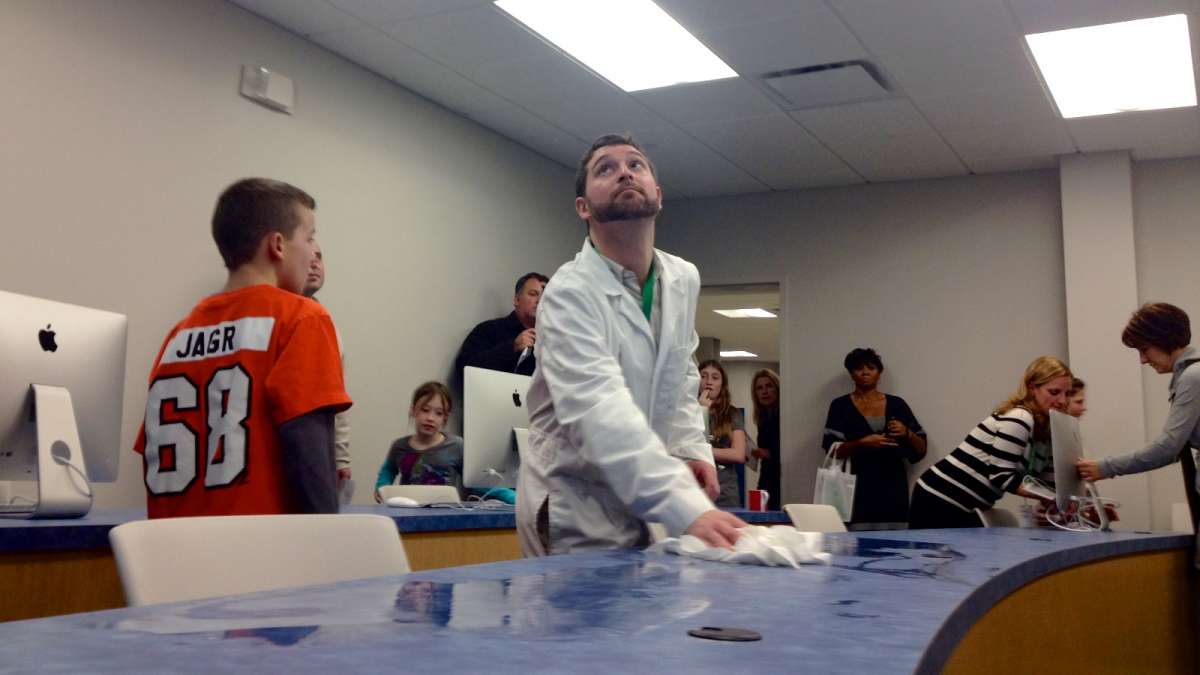
-
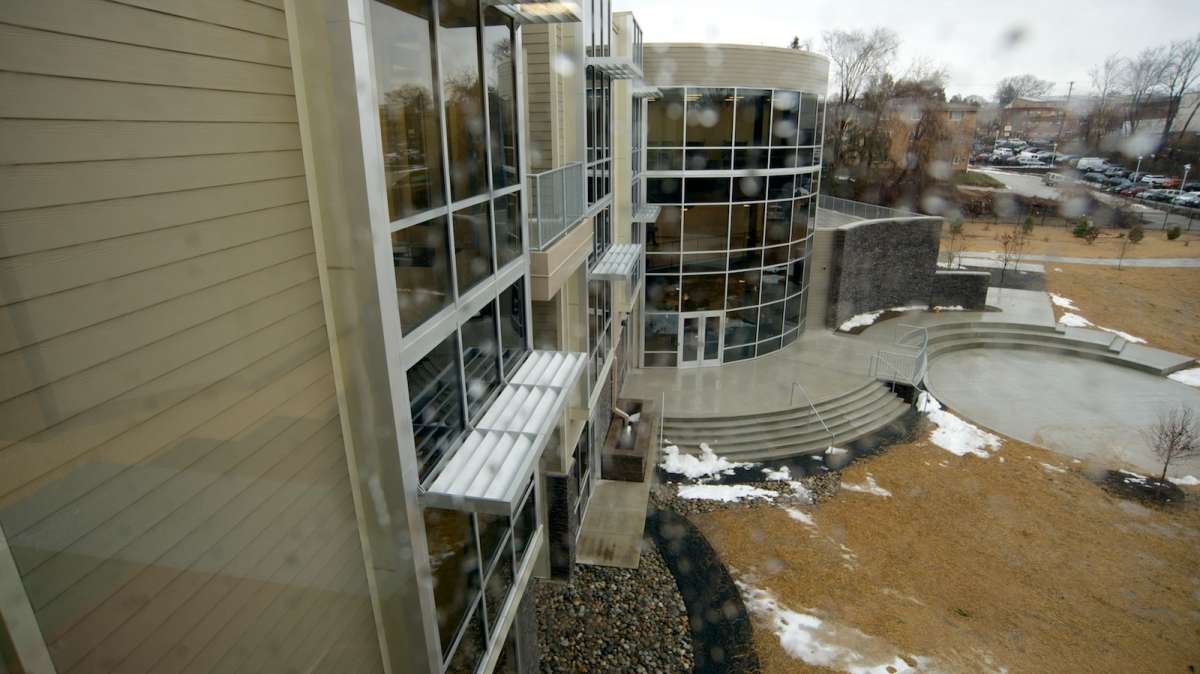
-
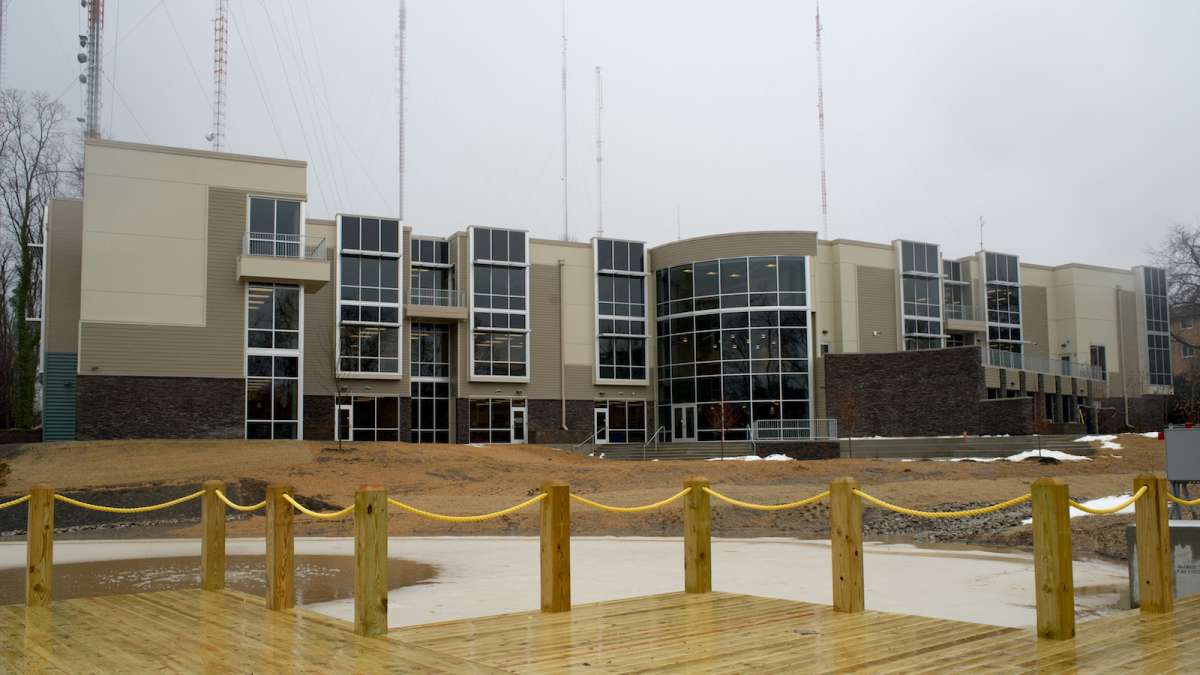
-

Students of the Green Woods Charter School cut the ribbon at their new facility on Monday. (Bas Slabbers/for NewsWorks)
-
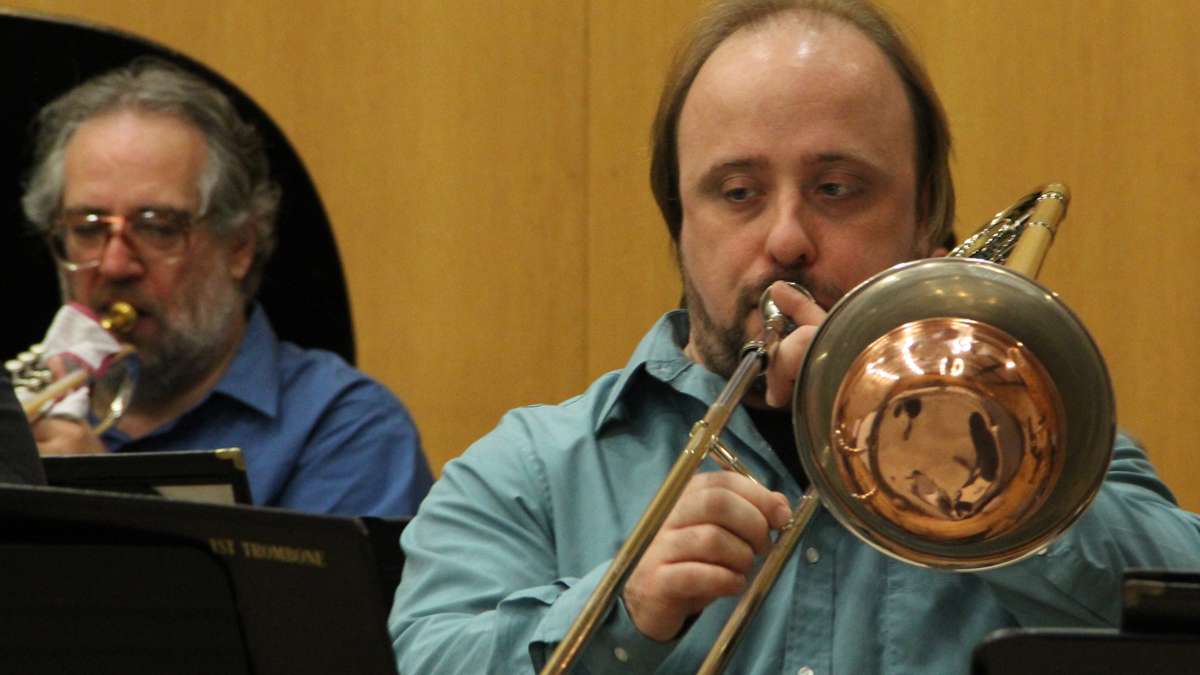
-
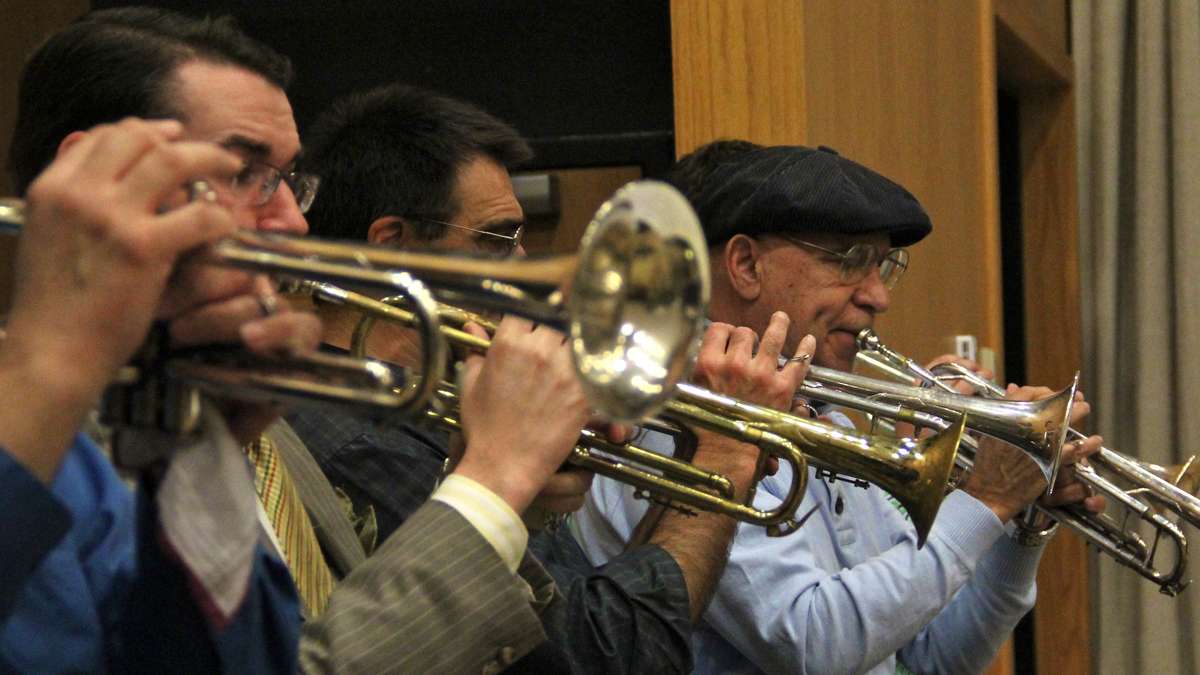
-
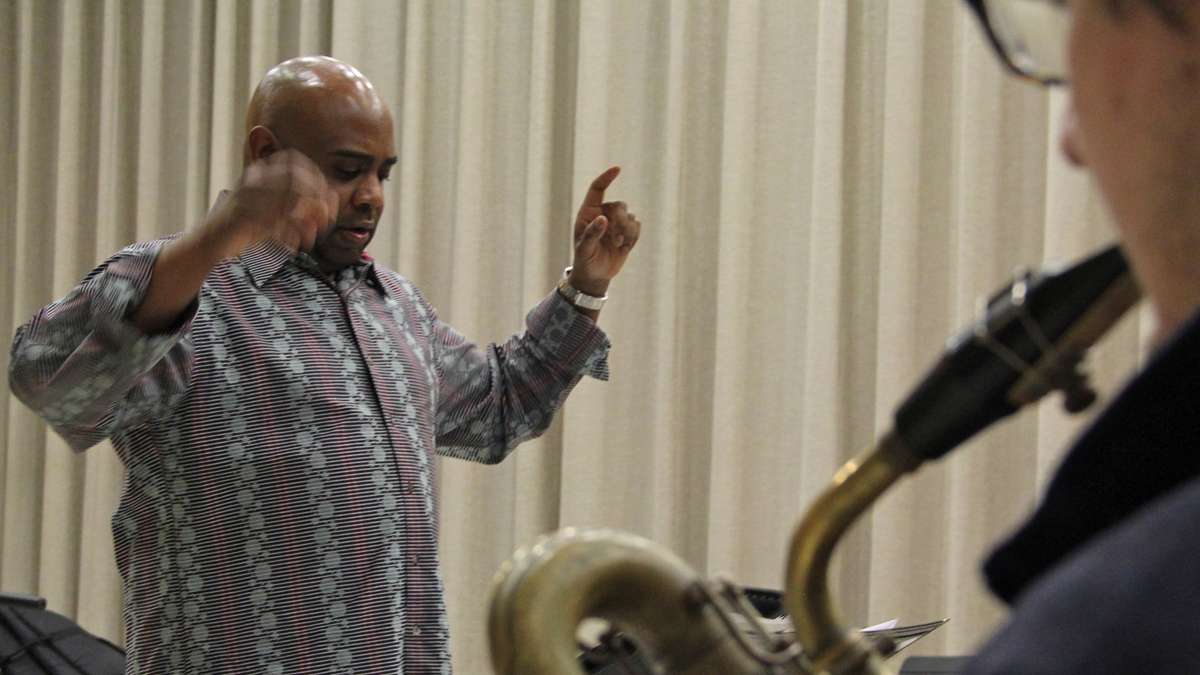
-
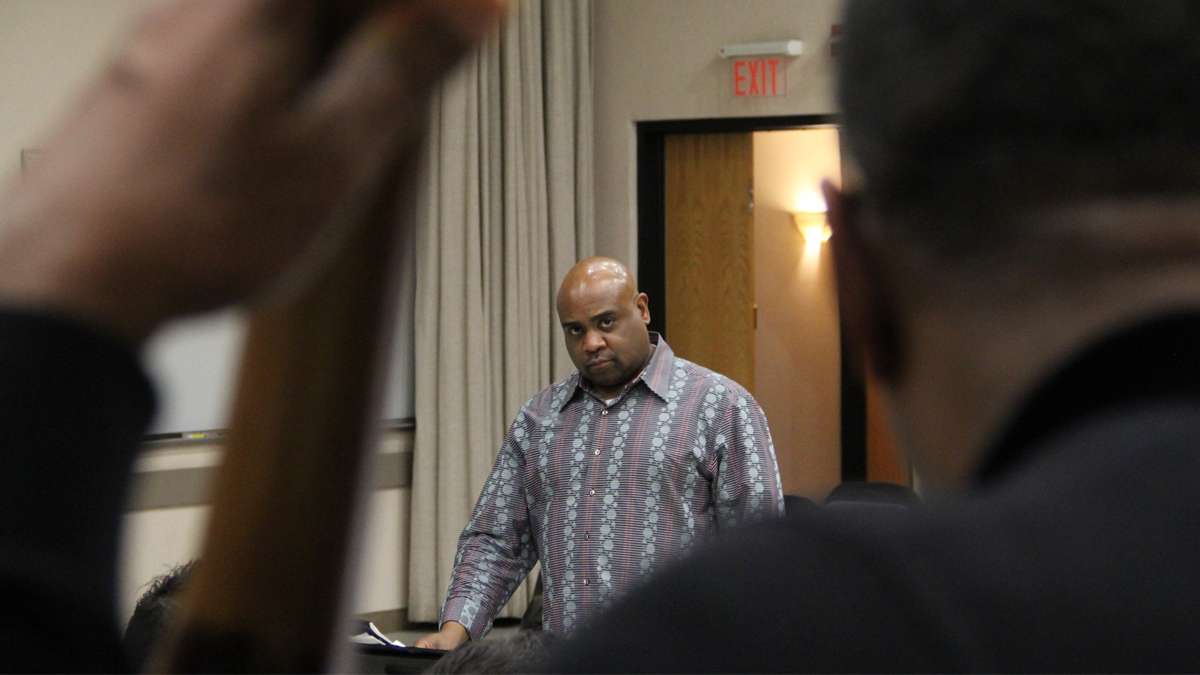
-

-
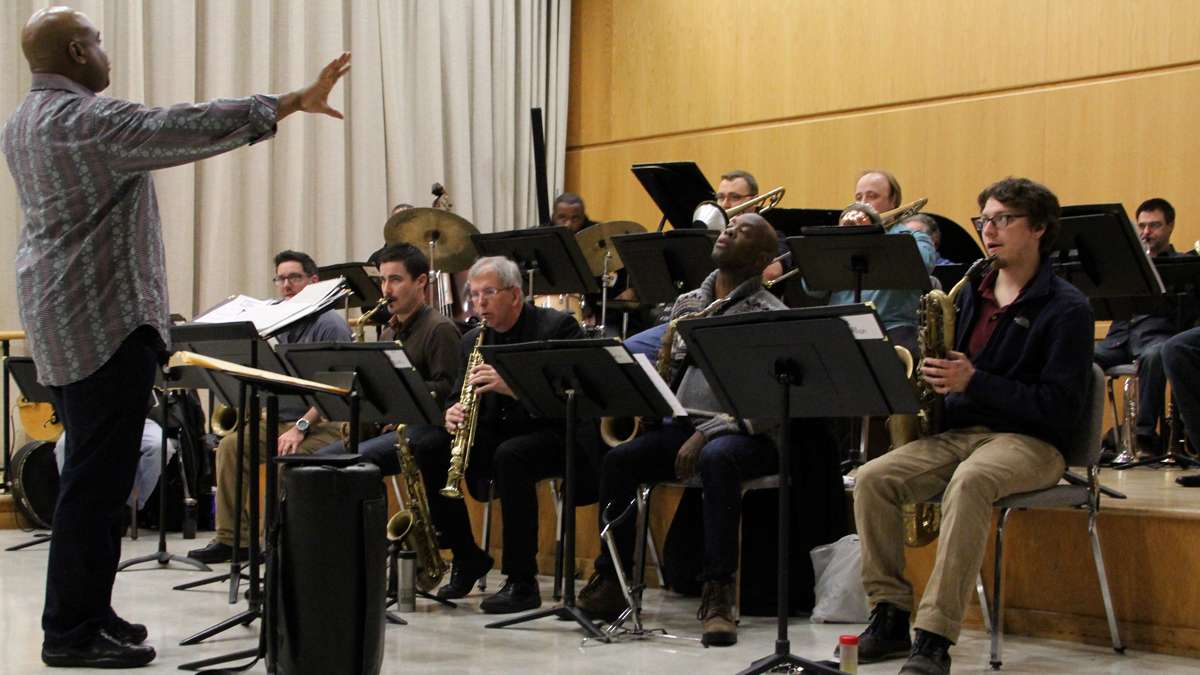
Legislation before state lawmakers would crack down on human trafficking, especially sexual slavery, in Pennsylvania.
But it would also expand the opportunities for a tool known as civil asset forfeiture.
Under the proposal, if a suspect is accused of trafficking in people, any property used in that crime could be seized by law enforcement.
Civil asset forfeiture can be a budgetary boon. It allows the seizure of property, such as a car, used to commit a crime, without requiring the person in question be found guilty of the crime.
That car can be auctioned off later — with proceeds going to the law enforcement agency.
But forfeiture is just a small part of the measure, said Greg Rowe, a legislative liaison with the Pennsylvania District Attorneys Association. That group helped write the bill that passed the state Senate and is before the House.
“The purpose of the forfeiture provision is really to be able to take the assets of those wrongdoers who are profiting from modern-day slavery, so to speak, of the sexual servitude of these victims — not as a fundraising technique for law enforcement,” Rowe said.
A policy fellow with a national organization that advocated for a tougher human trafficking law in Pennsylvania, however, said asset forfeiture has been portrayed to states as a way to “recoup” the costs of prosecuting human-trafficking cases, which can be very expensive.
WHYY is your source for fact-based, in-depth journalism and information. As a nonprofit organization, we rely on financial support from readers like you. Please give today.

